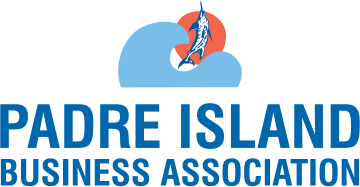BBB Column
As the COVID-19 crisis moves forward, with businesses closing temporarily and employee layoffs, many are wondering how they will manage their finances. Among these worries are how to handle credit and debt repayments. The CARES Act offers relief to those financially impacted by the pandemic. The new law requires lenders to report to credit bureaus that borrowers are current on their debt obligations, so long as the borrower has sought relief from those obligations due to pandemic-related hardships.
While many lenders have already taken steps to assist borrowers – such as offering forbearance, loan extensions and reduced interest rates – those who need assistance should reach out to their lender to discuss their options. Flexibility on loans, however, does not mean borrowers should be less diligent in monitoring their credit and finances. Scammers will always take advantage of a crisis.
Debt collection scams typically include scammers posing as debt collectors to harass their targets into paying debts they don’t actually owe. As consumers adjust to the new rules surrounding their loans, debt collection scams will jump at the opportunity to exploit confusion. In 2019, 157 debt collection scams were reported by Texans to BBB Scam Tracker, with claimed losses up to $4,000.
Use these tips from your Better Business Bureau to manage your debt throughout COVID-19:
- Get documentation. Lenders should document their arrangements with you, and debt collectors are legally required to give you a written “validation notice” of your debt. This notice includes amount of debt, the creditor’s name and a statement of your rights. If you work with your lender to make arrangements during COVID-19, get everything in writing.
- Ask for more information. If you have debts and receive a call from someone you aren’t sure is a legitimate debt collector, ask questions before providing any of your personal information. A legitimate collector will be able to tell you their name, company, company’s street address and phone number, etc. They should also have the details of the account in question. Call Equifax, TransUnion and Experian to place a fraud alert if a scammer obtains your personal information.
- Be wary of paying for credit reports.com is the only legitimate website where you can obtain the free credit report you are entitled to each year. Paid credit monitoring is also available and retrieving multiple reports from the same credit bureau in a single year can result in a small fee. Watch for websites that offer “free” reports but charge a fee in their fine print.
- Report scams and unfair dealings. If you have been the victim of a debt collections scam, report it to BBB.org/ScamTracker. If you’ve had unfair dealings with a debt collector, you can go to BBB.org to leave a review or file a complaint. The Federal Trade Commission and the Consumer Financial Protection Bureau are also available for complaints against collection agencies.
During uncertain times like this, keeping track of your finances and being diligent against scammers can spare you extra, unnecessary stress. Remember, your Better Business Bureau is here for you, building trust in trying times.
